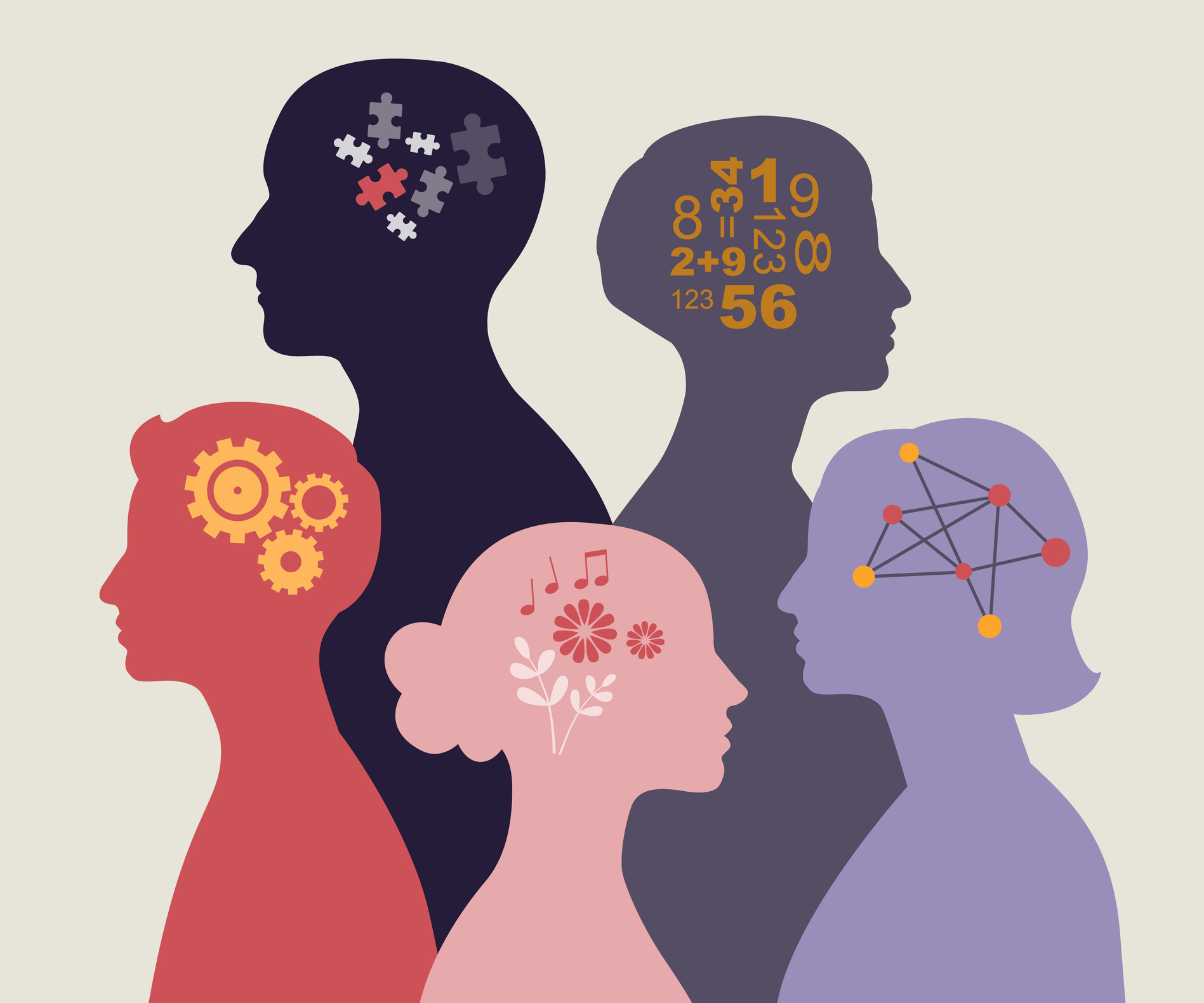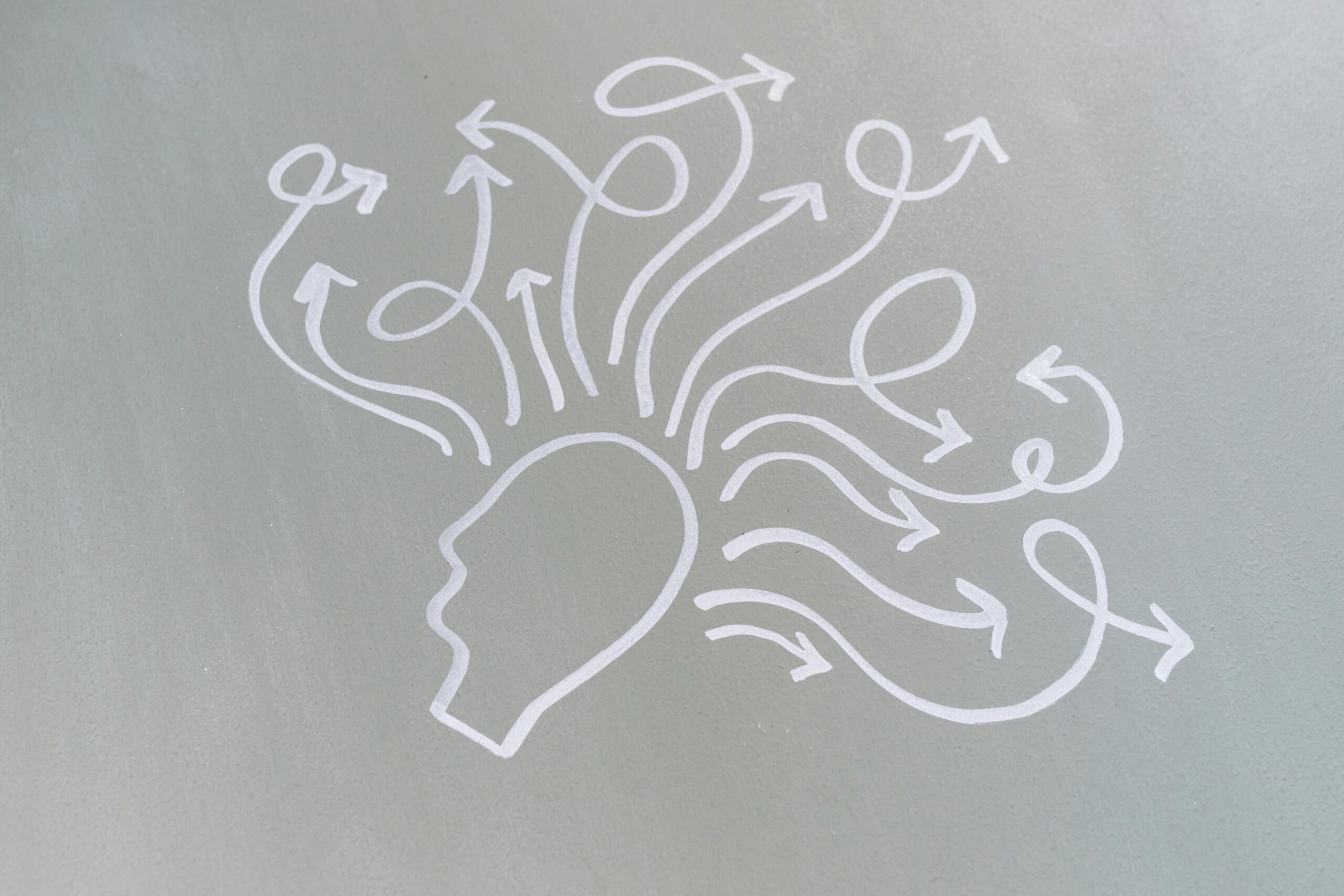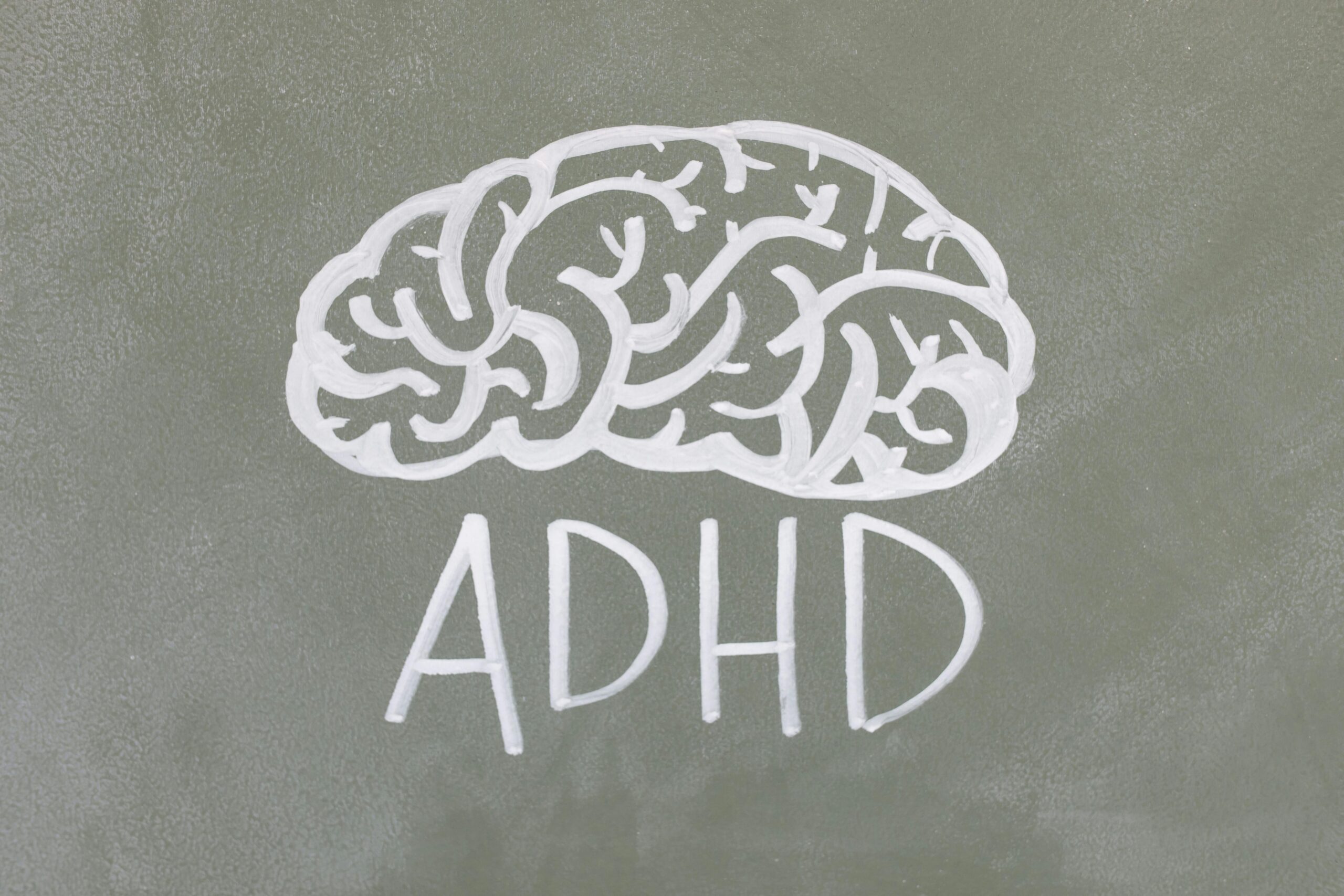Understanding the Overlap of ADHD and Autism (ASD)
AuDHD, a term blending Autism (ASD) and Attention Deficit Hyperactivity Disorder (ADHD), describes individuals who experience traits of both neurodevelopmental conditions simultaneously. Both ADHD and Autism impact daily functioning, communication, behavior, and social interactions. When they coexist, they present unique challenges that require targeted strategies for diagnosis, treatment, and support.
What is AuDHD?
AuDHD is not officially classified as a separate diagnosis but rather refers to the co-occurrence of ADHD and Autism Spectrum Disorder. Individuals with AuDHD might exhibit hyperactivity, impulsivity, and attention difficulties characteristic of ADHD alongside the social communication challenges, repetitive behaviors, and sensory sensitivities associated with Autism.
Recognizing AuDHD: Signs and Symptoms
Understanding the signs of AuDHD can facilitate timely diagnosis and appropriate intervention. Common signs include:
- Difficulty focusing combined with intense interests in specific subjects.
- Social interaction challenges coupled with impulsive behavior.
- Sensory sensitivities heightened by distractibility and hyperactivity.
- Emotional dysregulation and heightened anxiety levels.
Diagnosis of AuDHD
Diagnosing AuDHD requires thorough assessments by professionals specializing in Autism and ADHD evaluations. At SF Stress & Anxiety Center, we provide comprehensive assessments:
- Autism Spectrum Testing for High-Functioning Adults
- Autism Testing for Children and Teenagers
- ADHD Testing for Adults
- ADD & ADHD Testing for Children
Early and accurate identification is key to managing symptoms effectively and enhancing quality of life.
Challenges Faced by Individuals with AuDHD
Individuals with AuDHD face unique difficulties, including:
- Navigating social relationships while managing impulsivity.
- Balancing intense special interests with attention challenges.
- Handling emotional overwhelm resulting from sensory overload and distraction.
Strategies for Managing AuDHD
Effective management of AuDHD involves customized strategies including:
- Structured routines and clear expectations.
- Behavioral therapy focusing on social skills and emotional regulation.
- Cognitive-behavioral therapy (CBT) to enhance executive functioning.
- Mindfulness practices to manage anxiety and sensory overload.
SF Stress & Anxiety Center specializes in personalized therapeutic approaches designed to support individuals experiencing AuDHD.
Seeking Support from SF Stress & Anxiety Center
If you or your child exhibit symptoms of AuDHD, professional support is essential. At SF Stress & Anxiety Center, our specialists provide expert diagnostic evaluations and customized therapy plans to support individuals and families effectively.
Schedule your free consultation to discuss how our comprehensive testing and therapy services can support you or your loved ones.
FAQs About AuDHD
What causes AuDHD?
AuDHD results from a combination of genetic, environmental, and neurological factors. The exact cause is not fully understood but involves complex interactions within brain development.
Is AuDHD common?
While exact prevalence rates vary, studies suggest that many individuals diagnosed with Autism also meet criteria for ADHD, making AuDHD relatively common within the neurodiverse community.
How is AuDHD treated?
Treatment typically includes a combination of behavioral therapies, cognitive-behavioral approaches, lifestyle adjustments, educational support, and occasionally medication to manage ADHD symptoms.
Can adults be diagnosed with AuDHD?
Yes, adults can and do receive diagnoses later in life. Many adults recognize symptoms of both Autism and ADHD only when seeking help for associated anxiety or life management difficulties.
Where can I get tested for AuDHD?
SF Stress & Anxiety Center provides comprehensive autism and ADHD testing for children, teenagers, and adults. Our experienced professionals can guide you through the diagnostic process and recommend effective interventions.






